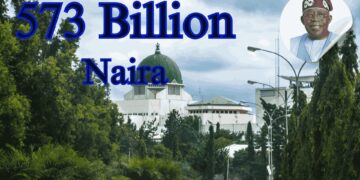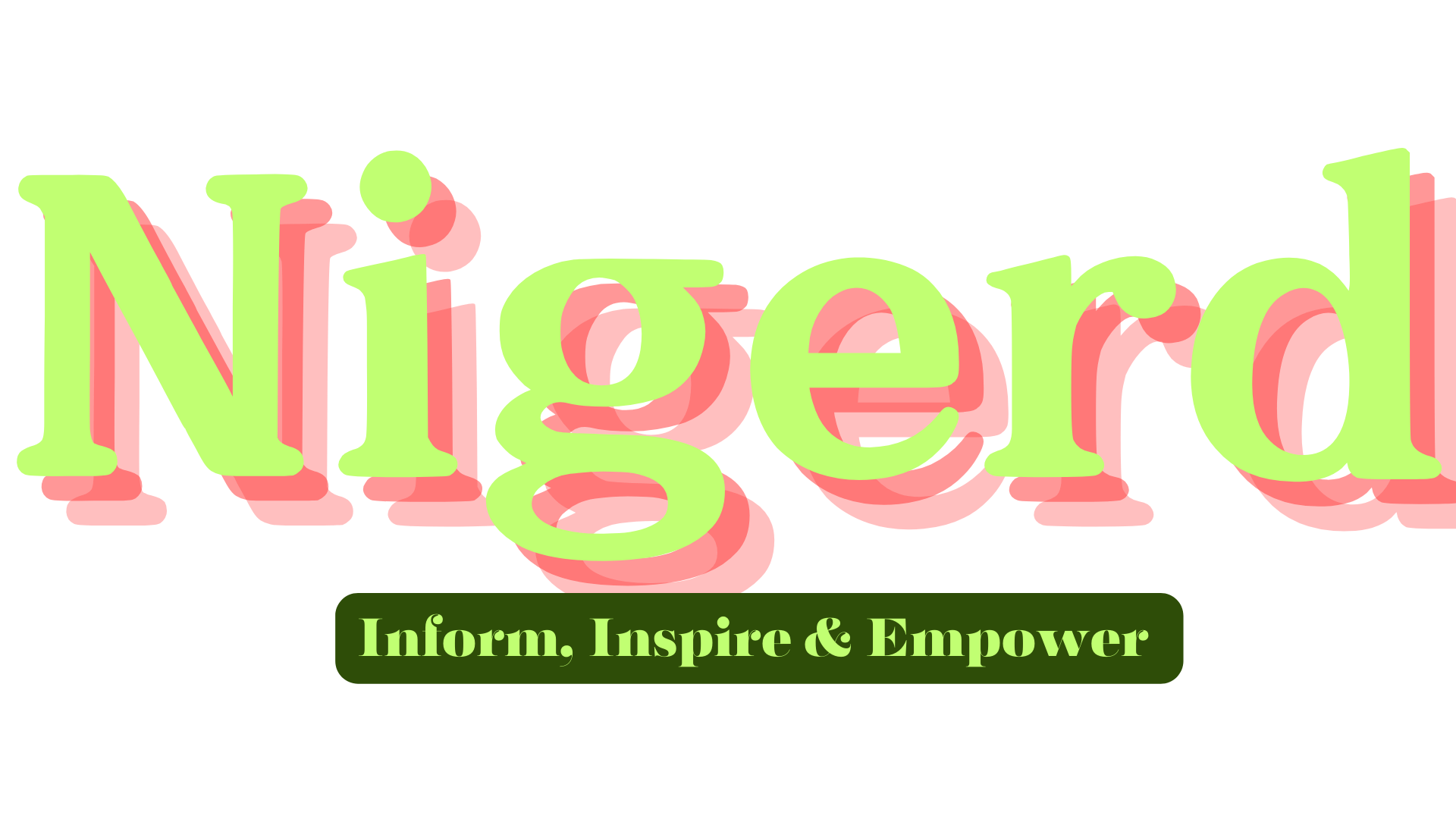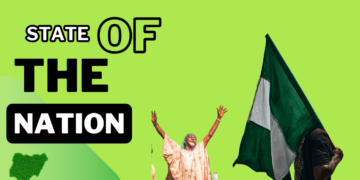Preamble
As Nigeria approaches the nationwide “EndBadGovernance” protests set to begin on August 1, 2024, tensions are high. The protests are a response to the policies of President Tinubu’s administration, which took office on May 29, 2023. The swift removal of the subsidy on petroleum products and the floating of the Naira have led to a significant drop in the currency’s value, triggering inflation. According to the National Bureau of Statistics (NBS), food inflation has surpassed 40%, leaving many Nigerians hungry and frustrated.
The government’s perceived indifference to the citizens’ hardships has fueled the protest movement. However, opinions are divided. Members of the ruling All Progressives Congress (APC) and other government officials have called for the protests to be canceled. President Tinubu has met with traditional rulers and religious leaders, some of whom have urged Nigerians to give the government more time to address their concerns.
Despite these appeals, many Nigerians remain resolute in their decision to protest. The Department of State Services (DSS) has claimed that the protests have political motivations and alleged involvement of foreign elements in their planning. As the nation stands on the cusp of potential change, the outcome of these protests could either lead to significant reforms or plunge the country into further turmoil.
The Merits and Demerits of Protests: A Balanced Perspective
Protests have long been a powerful tool for enacting social and political change. From historical movements like the Civil Rights Movement in the United States to recent global demonstrations, protests have played a crucial role in shaping societies. However, like any form of activism, protests come with both merits and demerits. Let’s explore these in detail.
Merits of Protests
- Voice for the Voiceless: Protests provide a platform for marginalized and oppressed groups to express their grievances and demand justice. They amplify the voices of those who may not have access to traditional means of influence.
- Catalyst for Change: Many significant social and political changes have been initiated through protests. They draw attention to critical issues, forcing governments and organizations to address them. Examples include the abolition of apartheid in South Africa and the women’s suffrage movement.
- Public Awareness: Protests help raise awareness about specific issues among the general public. They can bring previously ignored problems to the forefront of public discourse, leading to increased support and understanding.
- Unity and Solidarity: Participating in protests fosters a sense of community and solidarity among like-minded individuals. It strengthens the collective identity of a movement, boosting morale and encouraging sustained activism.
- Democratic Expression: Protests are a fundamental aspect of democratic societies, allowing citizens to express their opinions and hold those in power accountable. They serve as a check on government actions and policies.
Demerits of Protests
- Violence and Unrest: While many protests are peaceful, some can escalate into violence and civil unrest. This can lead to property damage, injuries, and even loss of life, undermining the original purpose of the protest.
- Economic Disruption: Large-scale protests can disrupt daily life, leading to economic losses. Businesses may close, public transportation can be halted, and essential services might be interrupted, affecting the livelihood of many individuals.
- Polarization: Protests can sometimes deepen societal divisions, creating an “us vs. them” mentality. This can lead to increased polarization and hinder constructive dialogue between opposing sides.
- Short-term Focus: Some protests focus on immediate, short-term goals without addressing the underlying systemic issues. This can result in temporary solutions that do not bring about lasting change.
- Risk of Co-optation: There is always a risk that protests can be co-opted by political groups or individuals with their own agendas. This can divert the movement from its original goals and dilute its effectiveness.
Protests are a double-edged sword, capable of driving significant positive change while also posing potential risks and challenges. They are a vital tool for democratic expression and social justice but must be approached with careful consideration of their potential impacts. By understanding the merits and demerits of protests, activists and policymakers can work towards maximizing their positive effects while minimizing the negative consequences.
As Nigeria stands on the brink of the “EndBadGovernance” protests, the nation must weigh these factors carefully. The protests could mark the beginning of a transformative era or lead to unforeseen turmoil. The outcome depends on the actions of both the government and the protesters in the coming days.



















































